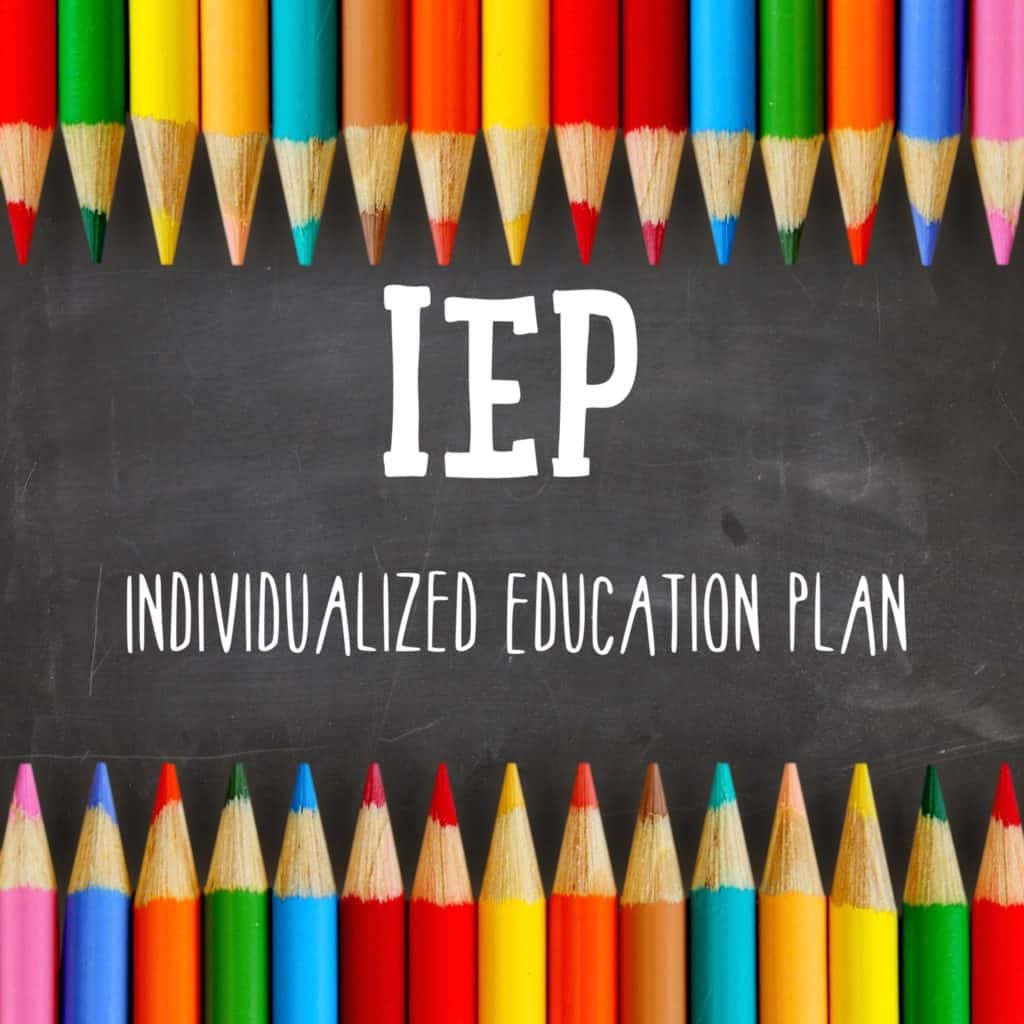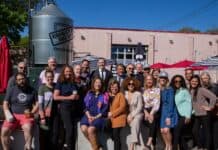
Yonkers City Council President Mike Khader is hosting two workshops regarding special education law for students, and parents of students who may have special needs in order to succeed with their education. One took place this week, and the other is coming up. The program mis titled “Know Your Rights, Special Education Law & Students Rights Free Workshop.”
The goal of the workshops will be to equip parents with special needs children with the knowledge they need to avail their children with the service available to them in the Yonkers Publics Schools. The idea of the workshops came about as the Council President’s Office continues to receive phone calls from parents who don’t have any information about what they need to do or who they need to speak to in order to get their children services.
“When I advocate for Special Education rights, I do it as someone who has dealt with the difficulties and frustrations of this process firsthand,” said City Council President Mike Khader.
“For me, it’s personal. I know the process can be confusing and intimidating and it’s my hope that through education and workshops like this one, I can make it easier for parents to navigate this sometimes grueling and emotional journey.”
The first workshop was held Wednesday at the Riverfront Library. Another workshop, scheduled for March 23 at the Will Library has been postponed due to Coronavirus but will be rescheduled.
The workshops include basic training on special education law and how to go about the system of dealing with getting your child evaluated to see if they qualify for special education, helping parents get their child a proper evaluation so they can be properly diagnosed, and useful tips to help explain the law and to teach parents about the process of the special education system and what their rights are.
The guest speaker is attorney Trevor Eisenman, who we spoke to and who has a great amount of experience and knowledge with working with children with special needs and their parents in the Yonkers Public Schools.
Eisenmann first got into special education law “when I helped a friend and realized that when parents were aware of their rights with their school district, they are able to do great things for their children – sometimes working with the school district.
Eisenmann also brings a life story on special education to the workshops. “My daughter was not going to school and was headed to getting her GED,” he said. “But once we put her in the right program, she is now blossoming, getting her high school degree and thinking about college. So I know what a great feeling it is to make a difference in a student’s life.”
Once the parents understand the process and the student is tested and identified with a special need, the school district and the family usually are in agreement and come up with a plan that works. Eisenmann added that there are currently “real sophisticated testing and diagnostics” for special education students so that “the testing is great guidance for everyone involved.”
Getting to the point of having their child tested is one of the steps involved in the process. “Some parents on limited income have no idea what is going on with their child in school,” said Eisenmann. “Sometimes there is bullying, or a reading disorder, and there are signs to look for. If a student is getting suspended 20 times per year, that’s a sign that the school district or the teachers may know about.
“It’s up to me to put together the information and file a due process complaint. The Individuals With Disabilities Education Act states that all school districts have an obligation to identify students who may need special education and test those students.”
In all New York school districts, a hearing officer is appointed to review the case of each child with special needs or who may require special education. Eisenmann said that “for the most part, the attorneys for the school district and I are able to agree on what is best for the student. The doctor’s recommendation guides the school district and the committee on special education makes a determination on what to do – either put the student in a special education class in the school district or at a private school,” he said.
For more information on the workshops, call the council president’s office at 914-377-6060.





